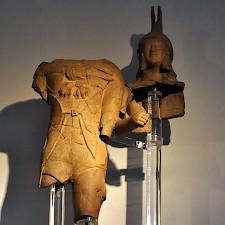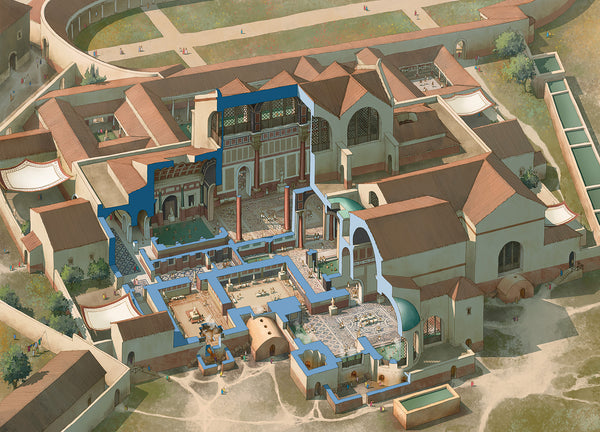Rome of the Twelve Tables

The third issue of Ancient History Magazine, about ancient Pergamon, is now ready as far as I’m concerned. It’ll be off to the printer soon and in your hands in march. In the meantime, I’m making a start with the fourth edition, which’ll be dedicated to the origins of pharaonic society and is called Egypt before the Pyramids (to be honest, there will be a pyramid, but we’ll hope nobody notices), The authors of the fifth issue, concerning Greek athletic contests, are currently writing their pieces, so I’m now looking round for contributions to the sixth issue: Rome of the Twelve Tables.
The Twelve Tables comprise the set of laws, collected in the mid-fifth century BC, that is at the beginning of the tradition of Roman law that would eventually unify the Mediterranean world, became an example of good administration in the Middle Ages, and was to serve as shared background of the legal debates between the European states. Roman law is Rome’s main legacy.
Still, the Twelve Tables are also interesting in their own right. They document a society that is no longer archaic. The rules for debt slavery show that the traditional world was changing – what had always been self-evident, no longer was. Perhaps there is some truth in the anecdote told by Livy, that the Romans sent people to Athens to study the laws of the Athenian statesman Solon; laws which belonged to a comparable society, although you would expect that the Athenian democrats had something more recent to show.
At the same time, fifth-century Rome was not yet a well-organized republic. Among the Laws of the Twelve Tables is a clause against people singing magic spells. Basic concepts, such as family, are left undefined. That makes the Twelve Tables document an interesting transition, which would culminate in the rise of a large, strong, aggressive city-state that would eventually unify all of Italy in just over a century.
The idea behind the sixth issue of Ancient History Magazine is to describe various aspects of this society. Now this is clearly a very broad theme, because it covers economic ups and downs, the struggle of the classes, social changes, foreign wars (lots of them), and developing institutions. Historians might focus on the origin of the annalistic tradition, classicists on the oldest phase of Latin, archaeologists on the changing face of the city. It is tempting to walk down all these roads, but we want to take these laws as our starting point.
What does a law say about the society that produces it? Think of Roman politicians creating the words to express ideas that had never been expressed before. Think about laws regarding fair trial – the fact that it was necessary to write them, proves that people no longer agreed on it. If you want to contribute, take one of the laws, use it as the title of your piece, and focus on the society behind it.
I hope to hear from you before the end of February. If you need some inspiration: the text of the Twelve Tables is here.
P.S. Issue seven will deal with the city Nineveh and issue eight concerns food.

